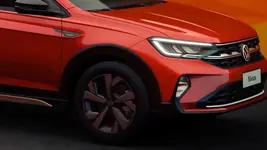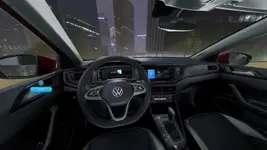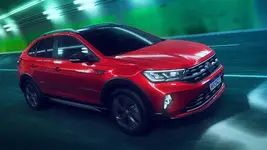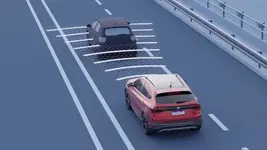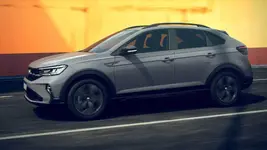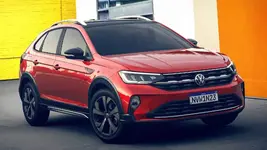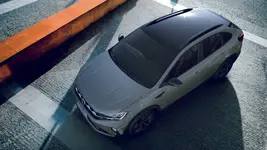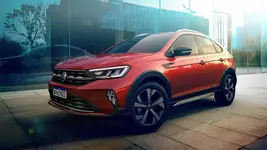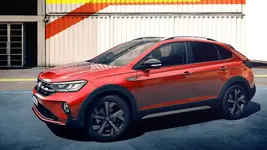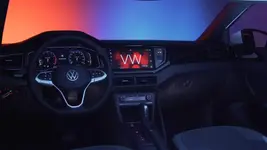Heisenberg
Tarmac Traveler
Your car is about to join the Internet of Things.
Automakers and technology companies are entering partnerships and forming joint ventures at break-neck speed. As more technology pours into our cars, automakers need ways to keep them connected for a variety of reasons. Add in car-to-car and car-to-infrastructure communication, and automakers need a way to manage the data, and one way to do that is through cloud connectivity and services. One company jumping on the cloud bandwagon is Volkswagen, which is partnering with Microsoft to develop a 'comprehensive industrial automotive cloud' called Volkswagen Automotive Cloud.

The technology will allow the automaker to provide a host of services to customers such as onboard media streaming, smart home connectivity, a personal assistant, predictive maintenance services, updates and upgrades, and much more. VW hopes to add more than five million new Volkswagen-brand vehicles per year to the Internet of Things (IoT) in the cloud starting from 2020. VW will build its cloud service on Microsoft’s Azure cloud platform as well as Azure IoT Edge.
Right now, the future of cloud connectivity is up in the air as automakers begin exploring the space. The Renault-Nissan-Mitsubishi auto alliance has a partnership with Google – as does Volvo – which are both baking the Android operating system into their respective models’ infotainment systems. It’s not as ambitious as VW’s IoT idea for cars, but it is the direction vehicles are heading. If automakers plan on connecting cars and infrastructure while rolling out electric and autonomous vehicles, they’re going to need a way to manage and transmit massive amounts of data effectively to every vehicle, and a cloud-based platform solves that problem.
But that means automakers will need a lot of specific data, too, such as location and vehicle speed. Consumers have no problem giving private nuggets of information over to phone carries and technology companies now, so convincing them to do the same with automakers shouldn’t be difficult.

VW announces partnership with microsoft for cloud connectivity
Automakers and technology companies are entering partnerships and forming joint ventures at break-neck speed. As more technology pours into our cars, automakers need ways to keep them connected for a variety of reasons. Add in car-to-car and car-to-infrastructure communication, and automakers need a way to manage the data, and one way to do that is through cloud connectivity and services. One company jumping on the cloud bandwagon is Volkswagen, which is partnering with Microsoft to develop a 'comprehensive industrial automotive cloud' called Volkswagen Automotive Cloud.
The technology will allow the automaker to provide a host of services to customers such as onboard media streaming, smart home connectivity, a personal assistant, predictive maintenance services, updates and upgrades, and much more. VW hopes to add more than five million new Volkswagen-brand vehicles per year to the Internet of Things (IoT) in the cloud starting from 2020. VW will build its cloud service on Microsoft’s Azure cloud platform as well as Azure IoT Edge.
Right now, the future of cloud connectivity is up in the air as automakers begin exploring the space. The Renault-Nissan-Mitsubishi auto alliance has a partnership with Google – as does Volvo – which are both baking the Android operating system into their respective models’ infotainment systems. It’s not as ambitious as VW’s IoT idea for cars, but it is the direction vehicles are heading. If automakers plan on connecting cars and infrastructure while rolling out electric and autonomous vehicles, they’re going to need a way to manage and transmit massive amounts of data effectively to every vehicle, and a cloud-based platform solves that problem.
But that means automakers will need a lot of specific data, too, such as location and vehicle speed. Consumers have no problem giving private nuggets of information over to phone carries and technology companies now, so convincing them to do the same with automakers shouldn’t be difficult.
VW announces partnership with microsoft for cloud connectivity






